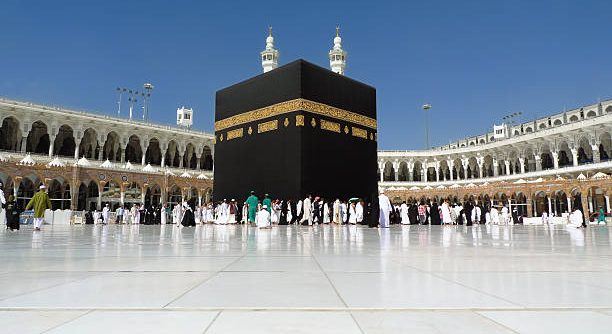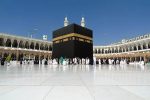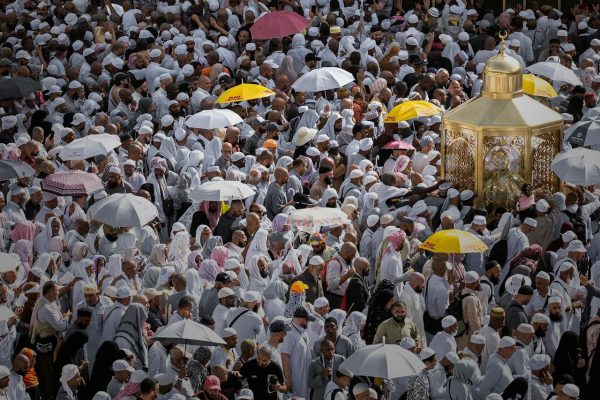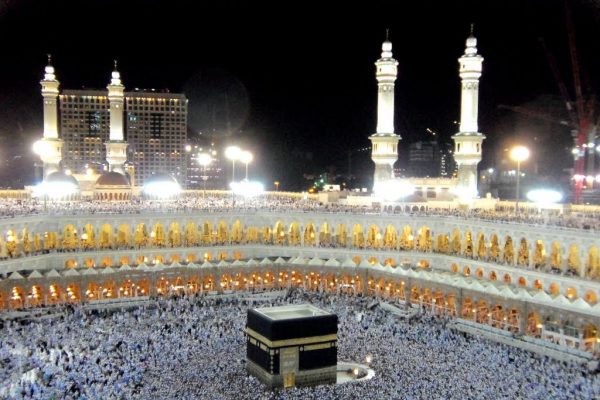Cost of dam ash shukr in ḥajj al badal
Question: I will be performing ḥajj al badal on behalf of someone. As I will be doing a ḥajj tamattuʿ, who has to bear the cost of the sacrifice of the animal?
Answer
بسم الله الرحمن الرحیم
Ḥajj al badal is when a person performs ḥajj on behalf of someone else. This can be through the instruction of the other person to perform an outstanding compulsory ḥajj; or it can be a voluntary ḥajj that someone wants to perform on behalf of another. If it is the latter, then person performing the ḥajj can decide whether to perform a ḥajj ifrād, tamattuʿ, or qirān; and all costs will have to be borne by the person performing the ḥajj.
In contrast, if someone is performing a ḥajj on behalf of someone else following their instruction, then the instructor must bear all of the costs of the journey. Furthermore, the person performing the ḥajj must do the exact ḥajj they have been instructed to. If the instruction was for a ḥajj ifrād, then that is what must be performed, and in which case, the sacrificing of an animal is not necessary. If the instruction was for a ḥajj tamattuʿ or qirān, then that is what must be performed. In this scenario, the cost of sacrificing the animal will be borne by the person performing the ḥajj tamattuʿ or qirān; not the instructor. The reason for this is that the sacrificing of the animal is to show gratitude to Allah for having performed two rituals – ʿumrāh and ḥajj – in one journey; and as it is the person performing the ḥajj who performed the two rituals, then he must bear the cost of the animal.[1]
And Allah knows best
Ibrāhīm ibn Muḥammad
[1] قال السرخسي (المتوفى سنة 483هـ): ثم دم القران عندهما يكون على الحاج من مال نفسه، وكذلك عند أبي حنيفة – رحمه الله تعالى إذا كان مأمورا بالقران من جهة الميت حتى لم يصر مخالفا؛ لأن دم القران نسك وسائر المناسك عليه فكذلك هذا النسك، ولأن لهذا الدم بدلا وهو الصوم، ولو كان معسرا لم يشكل أن الصوم عليه دون المحجوج عنه فكذلك الهدي يكون عليه (المبسوط: 155/4)
وقال الكاساني (المتوفى سنة 587هـ): وإذا فعل المأمور بالحج ما يوجب الدم أو غيره فهو عليه، ولو قرن عن الآمر بأمره فدم القران عليه، والحاصل أن جميع الدماء المتعلقة بالإحرام في مال الحاج إلا دم الإحصار خاصة، فإنه في مال المحجوج عنه (بدائع الصنائع: 215/2)
وقال التمرتاشي (المتوفى: 1004هـ) والحصكفي (المتوفى: 1088هـ): (ودم القران) والتمتع (والجناية على الحاج) إن أذن له الآمر بالقران والتمتع (الدر المختار على تنوير الأبصار مع رد المحتار: 610/2)
وقال ابن نجيم (المتوفى: 970هـ): وإنما وجب دم القران على المأمور باعتبار أنه وجب شكرا لما وفقه الله تعالى من الجمع بين النسكين والمأمور هو المختص بهذه النعمة؛ لأن حقيقة الفعل منه، وإن كان الحج يقع عن الآمر؛ لأنه وقوع شرعي ووجوب دم الشكر مسبب عن الفعل الحقيقي الصادر من المأمور (البحر الرائق:70/3)





